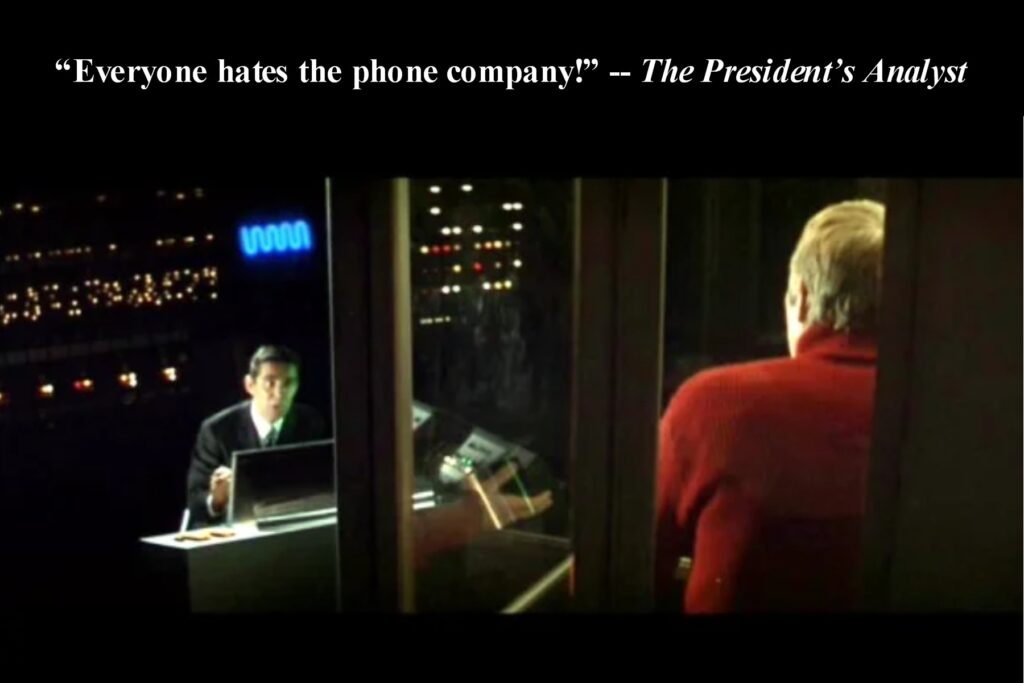
If you need a demonstration of just how little intelligence, candor, and personal integrity are required to win a high public office, just look here:
I totally forgot Bernie existed. And then I saw THIS gem today:
We talk about being a divided nation. In many ways, that’s true. But, in some ways, we are absolutely united. For example, we all hate the drug companies. pic.twitter.com/ZbSpq05MVY
— Bernie Sanders (@SenSanders) March 3, 2022
Wow, these guys really don’t like to retire, do they? Those D.C. perks are really good, huh?
Anyway, I really want to punch that clip in the face.
You’ll find very few Americans whose opinion of Bernie Sanders is lower than mine. He’s stupid, arrogant, hypocritical, and carries a sense of entitlement the size of Vermont. Essentially, he’s a good-for-nothing who’s risen high and become rich on the strength of his ability to lie to Vermonters. If he were to be removed from office, the average IQ of the Senate would rise by about ten points. But the man is a symptom rather than a primary cause of our current political malaise. And like all politicians, he has a knack for manipulating voters.
In politics, the short cut to notoriety is hatred. If you can get people to hate the targets of your choice, and then represent yourself as their champion against those targets, that alone can suffice to get you elected. It’s worked reliably throughout the history of electoral politics. There are only two requirements:
- A compelling rhetorical manner;
- The choice of the right targets.
Bernie Sanders possesses a (barely) adequate command of rhetoric. But his choice of targets for popular hatred, at this time at least, is observant, especially considering the ironies involved.
Every era has its targets for popular resentment. Remember how “everybody hates the phone company” — ? It was immortalized in movies such as Fun with Dick and Jane and The President’s Analyst. And indeed, quite a lot of people did, back when there was only Ma Bell and it cost the moon to call someone in another state. Still, we all used the phone. We paid the bills grudgingly, but we paid them. Technological limitations made a continental monopoly on telephone communication inescapable until about 1975. Then there was that little matter of government regulation to get past, which took longer than most people expected.
Banks are a perennial target. Who doesn’t resent the hassles involved in getting a mortgage? Who doesn’t grump over balancing his checkbook and making monthly loan payments? And who doesn’t gripe about having to endorse a check written to him before he can deposit it in his very own account? But we use them. They provide services we want, and sometimes services we need…or think we do. And much of the hassle they impose on us is decreed by federal regulation.
Today “everybody hates the drug companies” — ? Well, for my part, I don’t. Some of their products are the reasons I’m alive and relatively healthy at age 70. But there are reasons to wish things in that industry were somewhat different. (Dallas Buyers’ Club, anyone?) And once again, the preponderance of our “problems with the drug companies” don’t emanate from the pharma companies themselves, but from government regulation.
The tendency to blame your troubles on the thing you can see – the organization you deal with directly – is easy to understand. But we are easily deflected from focusing on the true source of most of our obstacles and nuisances…and that is exactly how the masters of the Omnipotent State want it.
One of the major challenges freedom activists face is that of correcting the popular focus: getting people who carry heavy burdens to blame their troubles on the right targets. It’s appalling how often the real source of people’s problems is a government: federal, state, or local. When we deal with one another, or with commercial institutions, directly, we get along very well. But when a third party steps between us and commands under threat of punishment that we must do this and not do that while paying that third party so much for its “protection,” things change, and not for the better. With 88,000 governments in these United States, every one of them with coercive powers they can use to intervene in our relations and transactions, they can generate quite a lot of bad will, while simultaneously causing us to misdirect our anger at the difficulties they create.
I could go on, but my Gentle Readers are surely intelligent enough to draw the moral for themselves. Have a nice day.















1 comment
Bernie is a lethal weapon from the pit.